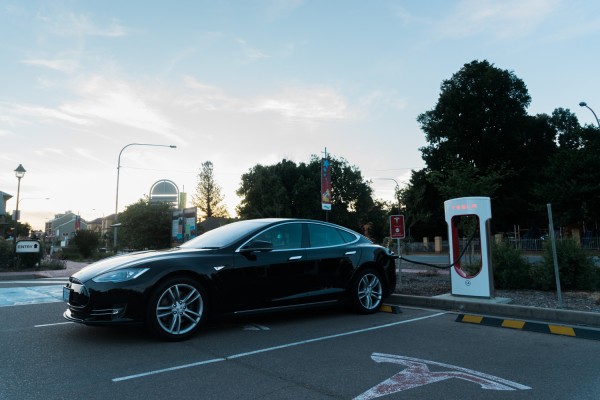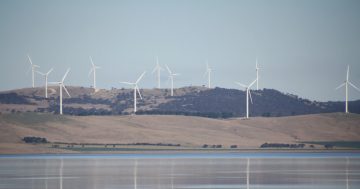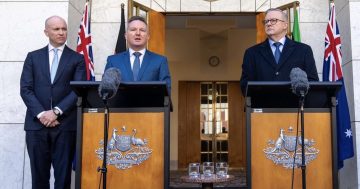
The transition to electric vehicles and the need for greater energy efficiency have been highlighted in a new report on the ACT’s climate change policies.
The report from the Office of the Commissioner for Sustainability and the Environment says that while the ACT Government has achieved much in recent years it must not be complacent.
It also warns that vulnerable households must not be left behind.
Commissioner for Sustainability and the Environment, Professor Kate Auty said now was not the time to hit the pause button.
“Every new report released on climate change implications reinforces this concern,” Professor Auty said.
“The ACT has stepped up to the challenge and achieved significant outcomes in recent years. Our reverse auctions for sourcing renewable electricity supply have been a game changer in Australia. Maintaining momentum is essential.
“Transport is the next major challenge; energy efficiency is the great opportunity. It is paramount that climate change policy supports low-income households on the journey. They cannot be left behind.”
The report urges the Government to lead the transition to electric vehicles by converting the Government fleet and buses, investing in infrastructure to support this and facilitate private use, and setting a target for electric vehicles in the ACT to guide the market.
It also recommends financial benefits for using electric vehicles such as free parking and tax incentives.
On energy efficiency, the report says new minimum standards and incentives should be developed covering residential and commercial, new and existing buildings, and owner-occupied and rental properties.
It says energy efficiency ratings need to be valid and there should be targets and benchmarks for energy productivity in buildings to encourage change in the market.
The Government should take the lead in this through its own buildings and procurement, for example minimum energy star ratings for all business accommodation bookings.
The report says that climate change mitigation and adaptation policies must be embedded and integrated across government functions.
It also says there must be more community engagement to ensure policies are understood and accepted.
“The community must be integral to the process, both in the conversation and the decisions. We must all participate and be part of the necessary actions to address climate change. This involves changing our behaviours and supporting those less fortunate,” Professor Auty said.
Climate Change Minister Shane Rattenbury tabled the report in the Legislative Assembly last Thursday.
Mr Rattenbury said that in coming months the Government will engage with the community on its next climate change strategy, including interim targets to guide the pathway to net zero emissions by at least 2050.
The ACT Government has until April 2018 to respond to the recommendations in the Commissioner’s report.
The Implementation Status Report on ACT Government’s Climate Change Policy is available at:
http://www.envcomm.act.gov.au/publications/special_reports_and_investigations/implementation-status-report/





















